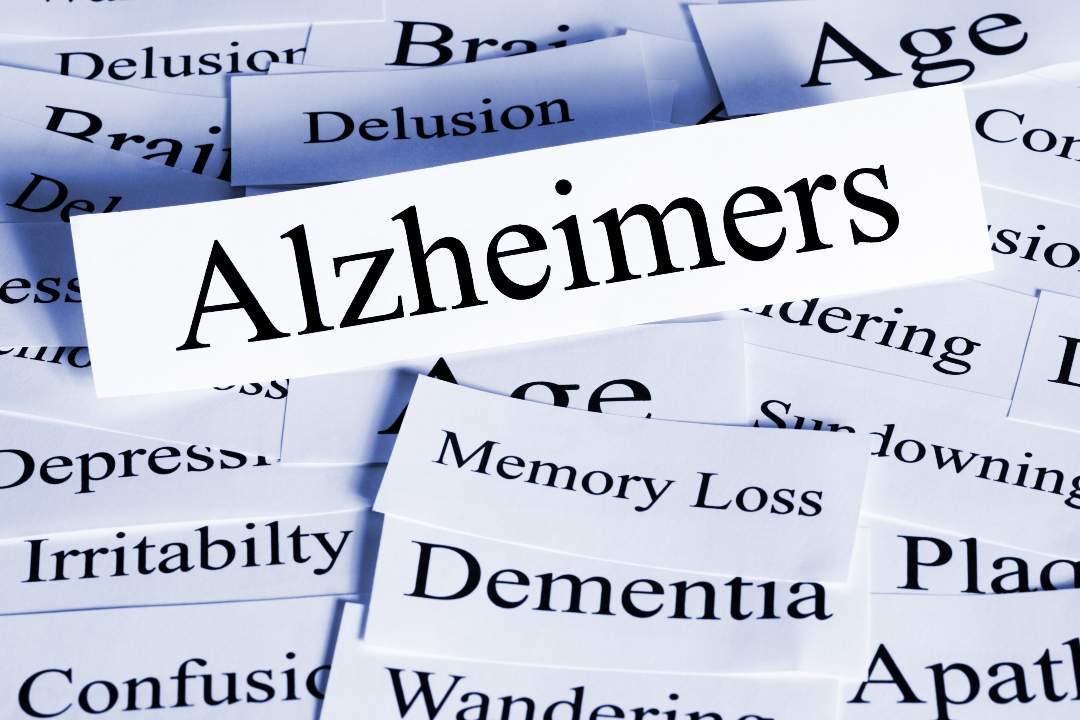
UK trial launches to transform Alzheimer’s diagnosis with simple blood test
On Sept. 10, 2025, a major University of London (UCL)-led clinical trial, aiming to transform the diagnosis of Alzheimer’s disease through a simple blood test, welcomed its first participants recruited via memory clinics across the UK.
The ADAPT (Alzheimer’s Disease Diagnosis and Plasma pTau217) team, led by Professor Jonathan Schott and Dr Ashvini Keshavan (both UCL Queen Square Institute of Neurology) is investigating whether a blood test that measures the protein p-tau217 can improve the early and accurate diagnosis of Alzheimer’s disease. Demonstrating its value in clinical practice could help deliver earlier and fairer access to diagnosis and future treatments across the NHS.
The trial will examine whether providing the blood test results to patients and their clinicians near the start of an assessment for memory and thinking concerns is able to aid diagnosis and guide decisions on further investigations and treatments. The study aims to recruit 1,100 participants through NHS memory services and will include people from diverse geographic, ethnic and economic backgrounds, and those living with other health conditions to ensure the findings are relevant and inclusive of the broader population.
Alzheimer’s disease, the most common cause of dementia, is linked to the build-up of two key proteins in the brain called amyloid and tau. One of the most promising biomarkers in the blood, p-tau217, reflects the presence of both amyloid and tau in the brain. Emerging evidence suggests that blood tests such as plasma p-tau217 can detect these proteins as accurately as current methods such as amyloid PET scans and lumbar punctures, and therefore may have the potential to offer a less invasive, more accessible, and cost-effective alternative.
Although these blood tests are not standalone diagnostic tools, they could be used as part of a wider clinical assessment to confirm the diagnosis of Alzheimer’s disease for people who already have memory or thinking problems.
Tags:
Source: University of London
Credit:
